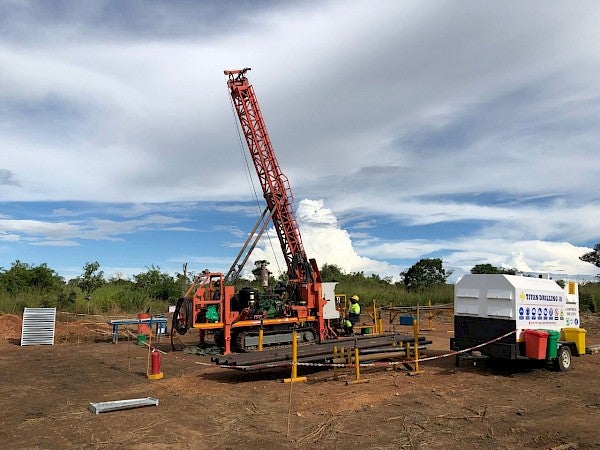
One of the largest miners in China has increased its stake in Democratic Republic of the Congo (DRC) mining partner Ivanhoe Mines from 9.8% to 13.9%, as the country looks to further monopolise the Congolese copper industry.
Shanghang-based Zijin purchased 35.7 million shares from Citic Metal, another Ivanhoe shareholder based in China with a 26.4% stake, and 12.9 million shares from the Canadian firm’s founder Robert Friedland.
The deal leaves the two Chinese mining companies as the majority shareholders in the Canadian firm, whose primary asset in the war-torn DRC is the Kamoa-Kakula copper deposit in which the country’s government also owns a 20% share.
Ivanhoe estimates its planned mine at the deposit could deliver up to 382,000 tonnes of copper a year for the next decade, with a potential increase to 740,000 tonnes beyond 2030, which would make it the second-most productive copper mine in the world.
Initial production from the under-construction Kakula facility is scheduled for the end of 2021, with another three mines in the pipeline.
Friedland said: “This rebalancing share purchase and sale agreement once again proves the high level of trust and strategic cooperation between Ivanhoe Mines, Citic Metal and Zijin Mining.”
China’s monopoly of DRC mining sector
Zijin’s move to take greater control over the Kamoa-Kakula copper deposit further cements China’s dominance of the Congolese mining sector where it already owns a vast majority of cobalt deposits.
The country has got out in front of its fellow investors and secured much of the metal’s reserves in the DRC – a particularly strong position to hold given the scarcity of the commodity outside of the politically volatile country.
With no practical alternatives to cobalt available as far as the construction of batteries is concerned, this single-country control could create a trading bottleneck that will see prices in regions away from China sky-rocket.
Mike Orme, a senior analyst with market intelligence firm GlobalData’s thematic research team, said: “China controls seven of the largest DRC mines, led by Molybdenum, and, in the process, over half DRC’s cobalt supplies.
“Moreover, the owners of the mines it doesn’t control mostly sell to Chinese traders and Chinese cobalt refineries in any case, and that includes Glencore, owner of the Katanga mine, DRC’s single largest mine.
“China’s refineries, fed in large part by feed stuff from Chinese-owned mines, supply 80% of the world’s battery-ready high-grade cobalt.
“Control of the critical raw materials, including cobalt, and the world-beating processing and manufacturing capacity will determine who holds the balance of industrial power in the automotive and energy storage industries
“In the global scramble to secure forward supplies and escape the vagaries of the spot market, China holds that whip hand.”






